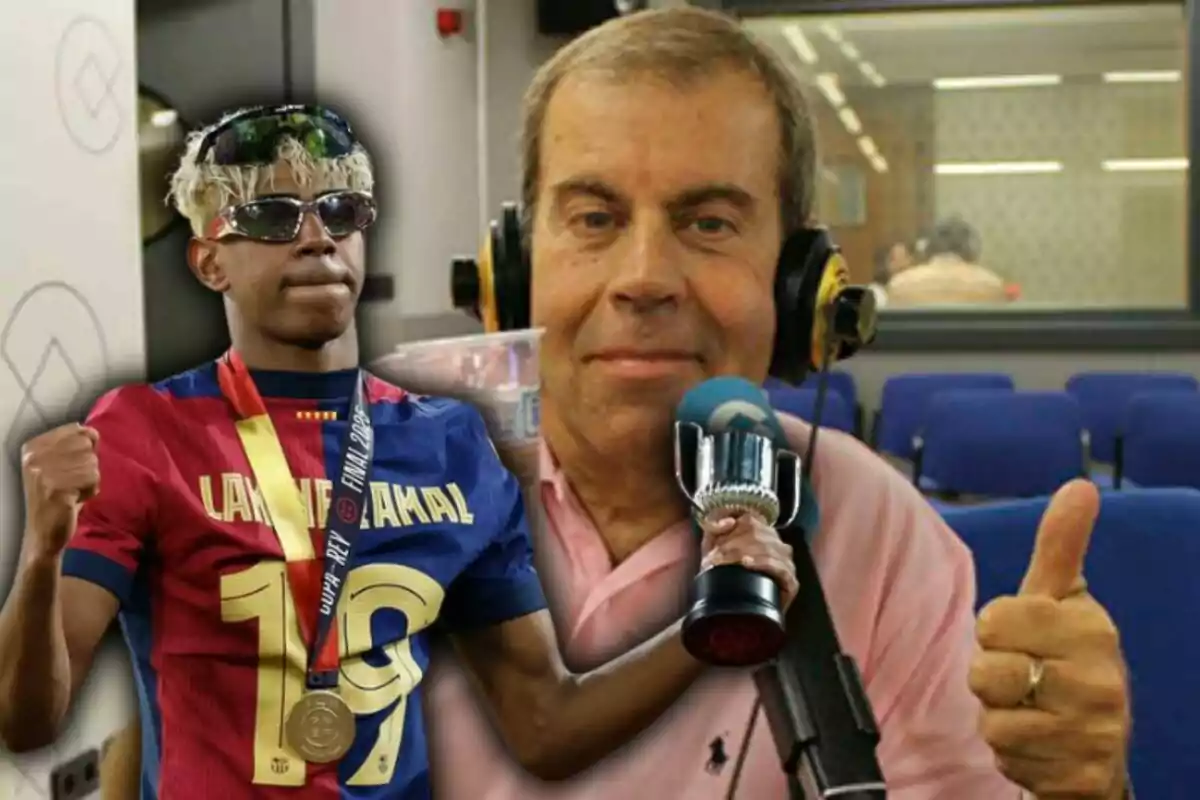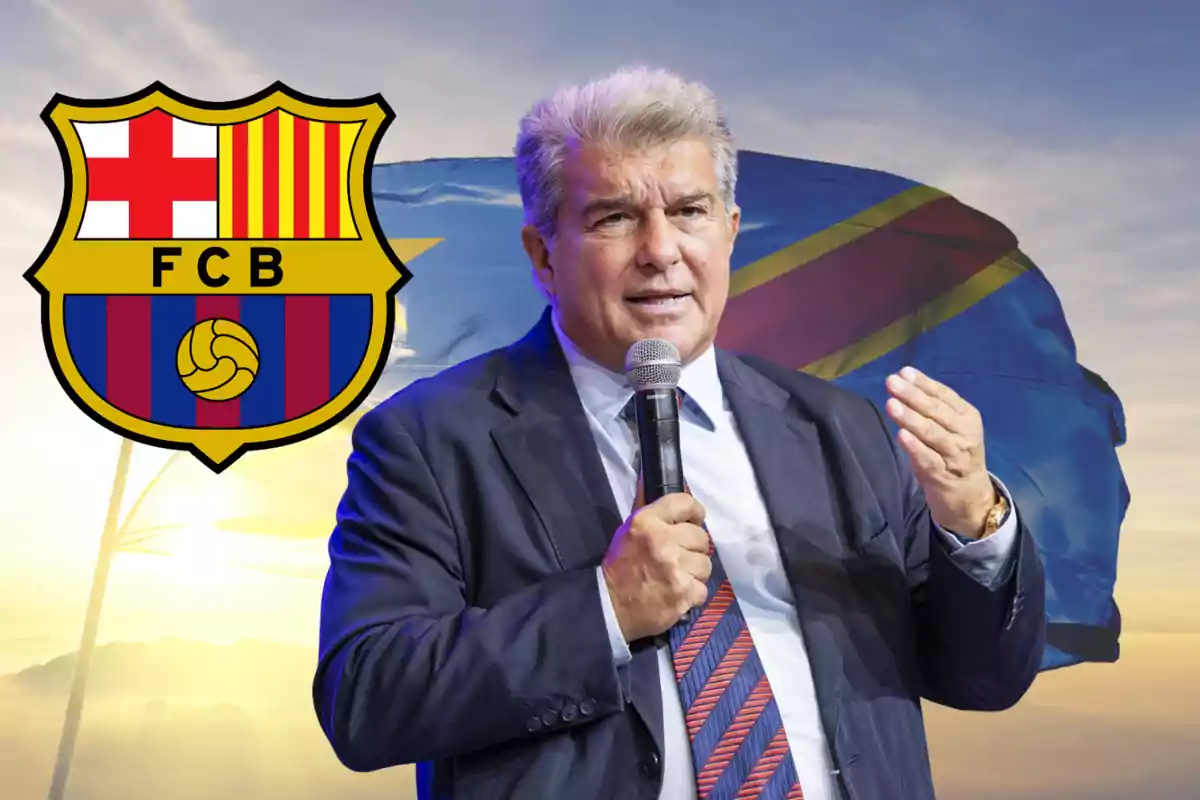The new economic lever for FC Barcelona has sparked a wave of criticism, not only among fans and analysts, but also within sports media themselves. The agreement that the blaugrana club has signed with the Government of the Democratic Republic of the Congo has been harshly questioned by journalist Tomás Guasch.
According to estimates, Barça could earn close to €44 million thanks to this agreement, which includes a partnership with the Congolese government over the next four seasons.
But for Guasch, the problem is not only economic, but also ethical. "Elite soccer taking money from one of the poorest and most conflict-ridden countries in the world... I don't think this has anything to do with Barça's 'valors'," the journalist lamented emphatically.

"Lack of scruples"
Guasch was especially harsh with the management of the club presided over by Joan Laporta. He stated that, just as happens in other areas of the country, in Spanish soccer the word "scruple" seems to have disappeared from the dictionary. "There is no scruple anywhere, and this agreement proves it.
Going to do business in a country at war, without essential rights guaranteed, just for money, is proof of how much we've normalized what's immoral," he expressed with evident indignation.

Journalist David Sánchez, although less blunt, partly agreed with the criticism. "If I were in Laporta's place, I wouldn't do it. But it's true that it's not the only European club that has relied on agreements of this kind to clean up their finances," he explained.
Indeed, teams like Monaco, Milan, or Arsenal have also signed agreements with countries like Congo or Rwanda in recent years, which shows a worrying trend within international soccer.
Schools and projects... enough?
FC Barcelona has tried to justify the operation by highlighting that, in exchange for the agreement, social projects such as the creation of soccer schools and community development programs will be carried out in the Democratic Republic of the Congo. But for Guasch, this argument is not enough to whitewash this decision.
"They already sold us the idea that taking the Supercopa to Saudi Arabia was an opportunity to promote equality and change in a country without rights for women... We saw what happened. This is the same: a lot of packaging, but little ethics," he said, referring to the controversial decision to play tournaments in countries with democratic shortcomings.
"If Barça does it, everything burns"
One of the most discussed points of the debate was the double standard that, according to some, is applied to Barcelona compared to other European clubs. David Sánchez pointed out that when Barça is the protagonist of this kind of news, the controversy explodes: "If Barcelona does it, there's an uproar. But if another club does it, it seems like nothing happens."
Criticism of the previous sponsorship period with Qatar Foundation or Fly Emirates also resurfaced. At the time, these decisions were the subject of debate due to their connection with authoritarian regimes and international conflicts. Today, the club is once again in the spotlight.
A problem of values or survival?
The underlying question remains open: to what extent can or should a club like FC Barcelona compromise their values to save their finances? Where is the line between economic need and institutional integrity? For now, the agreement with Congo is moving forward, but the debate about morality in elite soccer is very much alive.

